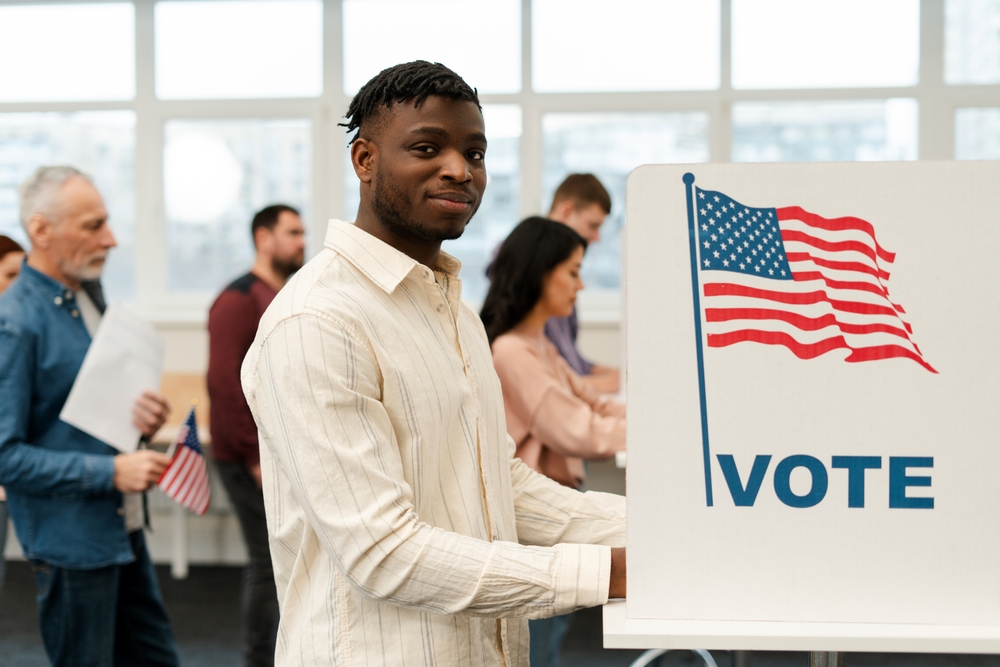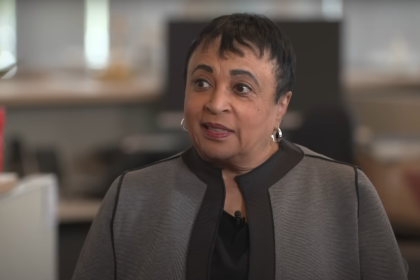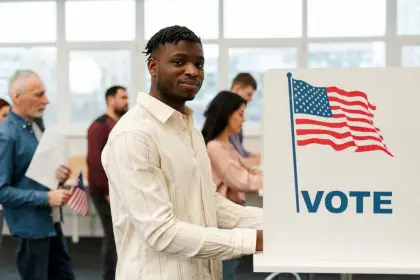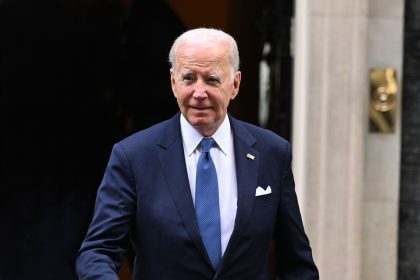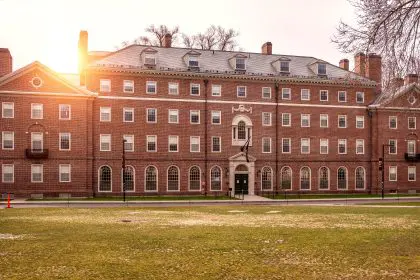The right to vote, a cornerstone of democracy, is often taken for granted by those who have never lost it. For millions of Americans with felony convictions, however, reclaiming this fundamental right can be a complex and emotionally charged journey. As states grapple with evolving policies on felon disenfranchisement, many former prisoners find themselves navigating a maze of legal procedures to restore their voice in the democratic process.
The landscape of voting rights restoration
The path to regaining voting rights varies dramatically across the United States. In Vermont and Maine, incarcerated individuals never lose their right to vote. In contrast, some states impose lengthy waiting periods or require executive pardons. This patchwork of laws creates a challenging landscape for those seeking to re-enter civic life.
Many former inmates are unaware they might be eligible to vote again, highlighting the need for better education and outreach on this issue. The system can be overwhelming, with complex rules and procedures that vary from state to state.
Understanding your state’s rules
The first step in reclaiming voting rights is understanding the specific laws in your state. This information is typically available through state election boards or departments of corrections.
Key factors to consider include:
- Automatic restoration upon release or completion of sentence
- Waiting periods after sentence completion
- Requirements for paying fines and fees
- Need for executive pardons or board approvals
Navigating the restoration process
For those required to apply for restoration, the process often involves several steps:
- Completing all terms of sentencing: This includes prison time, probation, parole, and any mandated programs.
- Addressing financial obligations: Many states require the payment of all fines, fees, and restitution before rights can be restored.
- Gathering documentation: Proof of sentence completion and financial compliance is often necessary.
- Submitting an application: Some states require formal applications for rights restoration.
- Awaiting approval: Processing times can vary from weeks to months.
The challenge of legal financial obligations
One of the most significant barriers to voting rights restoration is outstanding legal debt. In Florida, a 2018 ballot initiative to automatically restore voting rights to most felons was later amended to require payment of all legal financial obligations.
This requirement has been criticized by civil rights advocates as creating a modern-day poll tax, effectively barring many people from voting indefinitely due to their inability to pay thousands in fees. Some states and advocacy groups are working to address this issue. In Washington state, a new law automatically restores voting rights regardless of outstanding legal financial obligations.
The emotional impact of civic restoration
For many, regaining the right to vote is about more than just casting a ballot—it symbolizes full reintegration into society. Those who have gone through the process often describe feeling like full citizens again, with society affirming their trust to make decisions about the future.
The act of voting after a long period of disenfranchisement can be profoundly moving, representing a milestone in the journey of rehabilitation and societal reintegration.
Support and resources
Numerous organizations offer support for those navigating the restoration process:
- The Sentencing Project provides state-by-state guidance on voting rights restoration.
- The Campaign Legal Center offers a free “Restore Your Vote” tool to help individuals understand their eligibility.
- Local legal aid societies often provide pro bono assistance with restoration applications.
A growing movement for change
As awareness of felon disenfranchisement grows, so does the movement for reform. Several states have recently passed laws to ease the path to voting rights restoration.
In New York, a 2021 law automatically restores voting rights upon release from prison, even if the individual is still on parole. Kentucky, which previously required an executive pardon for rights restoration, passed a constitutional amendment in 2019 to restore rights to most felons upon completion of their sentence.
Looking ahead
While progress has been made, advocates argue that more comprehensive reform is needed. Some push for a federal law to standardize voting rights restoration across the country. They argue that the right to vote shouldn’t depend on geographic location and that a uniform system is needed to respect the dignity of every citizen and their right to participate in democracy.
For those navigating the complex path of rights restoration, the journey can be arduous but rewarding. Each restored voter represents not just a single voice regained, but a step toward a more inclusive democracy.
The restoration of voting rights is more than a legal process—it’s a reaffirmation of citizenship and a chance to actively participate in shaping the future of one’s community and country.
This story was created using AI technology.

